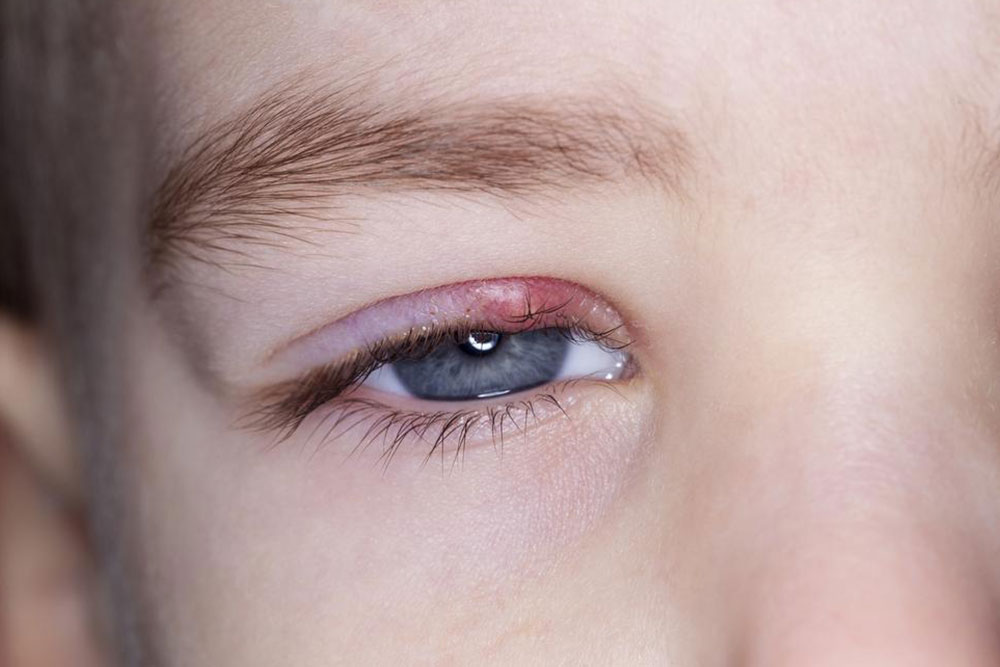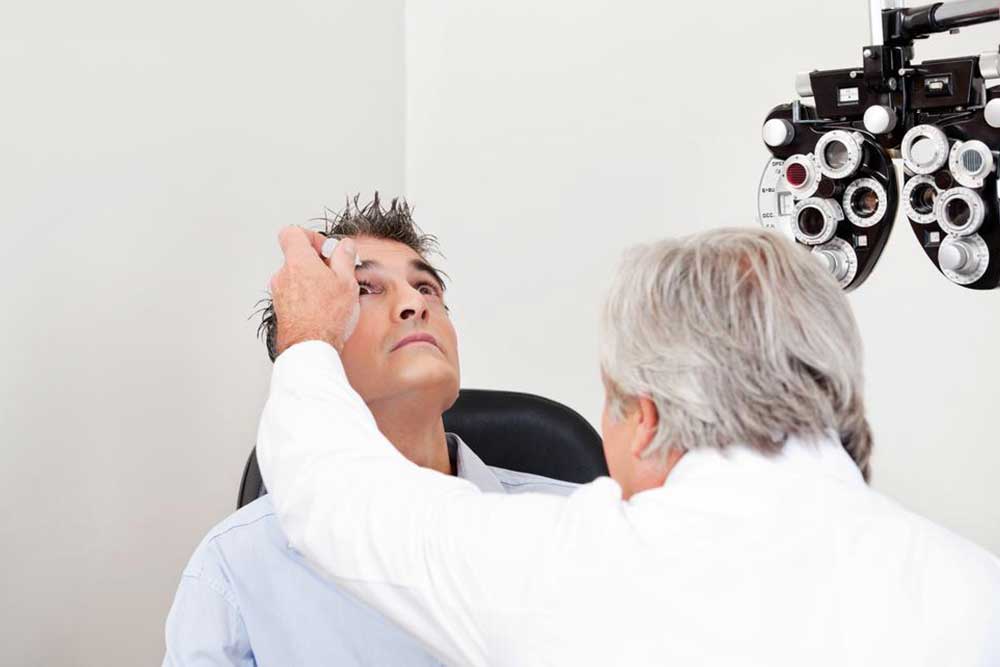Common Eye Conditions and How to Recognize Them
This article offers essential insights into common eye conditions, including symptoms, causes, and when to seek urgent medical care. From pink eye and allergies to injuries and vision disturbances, learn how to recognize signs that require professional attention. Helpful tips are included for relief and prevention, empowering readers to manage routine eye issues effectively. Prompt recognition of serious symptoms can prevent long-term damage, making this guide a valuable resource for eye health awareness.

Understanding Common Eye Issues and Symptoms
What Causes Red and Irritated Eyes?
Red, bloodshot eyes can result from various causes such as infections, inflammation, allergies, broken blood vessels, or injuries. If the sclera (white part of the eye) appears pink or red, you may be experiencing one of the following conditions:
Pink eye (Conjunctivitis). Kids often catch it, but adults can too. Symptoms include itching, burning, eye discharge, swelling, and tearing. Learn more about pink eye.
Pink eye can be contagious (viral or bacterial) or non-contagious like allergic conjunctivitis. Consult an eye specialist for diagnosis and treatment. To prevent spreading, avoid rubbing your eyes and wash hands frequently. Cool compresses can provide relief until diagnosis.
Eye Allergies
Allergic reactions, often seasonal (spring and fall), cause itchy, red, watery, and puffy eyes. Common allergens include pollen, pet dander, and fumes. Chronic allergies might be caused by dust mites or molds. Symptoms can be eased with cold compresses and antihistamines. If irritation persists, seek medical advice from your eye care professional.
Broken Blood Vessels in the Eye
Small blood vessels on the sclera can break due to straining, rubbing, or injury, resulting in a bright red patch known as subconjunctival hemorrhage. Usually harmless, but seeing an eye doctor within a day or two is recommended to rule out underlying issues. Rest assured, most cases resolve on their own over time.
Eye Injuries and Trauma
A blow to the eye can cause redness, pain, and blurred vision. There might be scratches or internal damage like a detached retina. Seek urgent medical care if injured. Applying a cold compress can help reduce pain and swelling. Avoid rubbing the eye, and visit an emergency facility if necessary.
Itching Eyes and Allergic Reactions
Most eye itching is allergy-related, which can sometimes be alleviated with over-the-counter lubricating drops. Avoid decongestant drops, as they may cause dependency. Cold compresses also help. Severe itching or inflamed eyelids (blepharitis) warrant consultation with an eye specialist to determine proper treatment.
Sudden or Persistent Blurred Vision
Persistent blurred vision requires prompt medical evaluation. An abrupt loss of vision or a curtain effect in one eye is an emergency, possibly indicating retinal detachment or stroke. Mild, intermittent blurriness may be due to dryness, fatigue, or eye strain. Rest your eyes and schedule an eye exam if issues continue.
Swollen or Puffy Eyes
swelling around the eyes often indicates allergies or trauma. Over-the-counter decongestants can help with allergy-related puffiness. If caused by injury, cold compresses can reduce swelling.
Burning Sensation in Eyes
Burning eyes can stem from allergies, dry eyes, fatigue, or screen stress. Usually not urgent, but persistent burning should be evaluated. Lubricating eye drops and rest typically provide relief. Use cool compresses for additional comfort.
Eye Discomfort and Pain
Eye pain, whether sharp, dull, internal, or external, warrants care if accompanied by redness. Serious causes include inflammation or other conditions like uveitis. Do not ignore persistent or severe pain—seek immediate medical attention, especially if vision is affected.
Floaters, Spots, and Flashes
Normal floaters are small spots or strands in your vision caused by aging vitreous. Sudden flashes, large clouds, or a curtain obstructing vision might indicate retinal detachment. Seek urgent medical care if these symptoms occur to prevent permanent vision loss.
Foreign Objects in the Eye
Getting debris or sharp objects in your eye requires immediate professional treatment. Do not rub or try to remove embedded objects; instead, cover the eye with a shield and seek emergency care. If particles are loose, rinsing with saline or using lubricants may help. When in doubt, see a doctor promptly.









